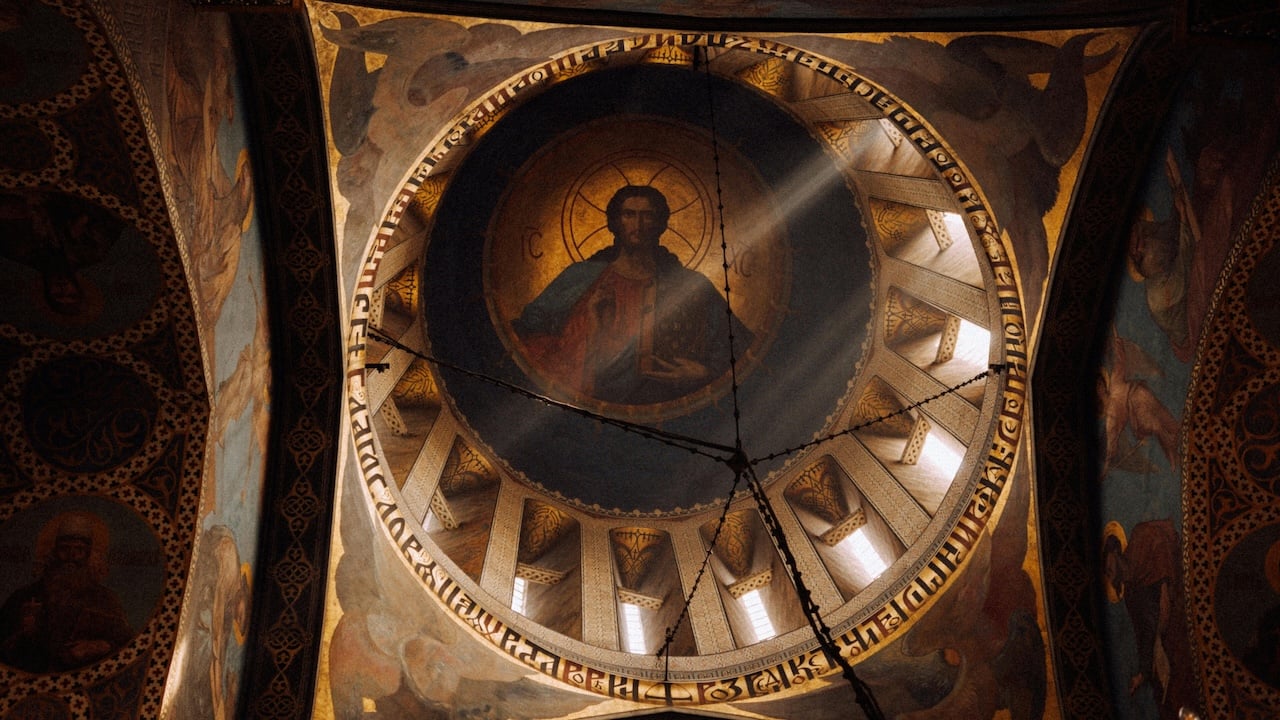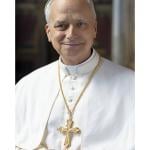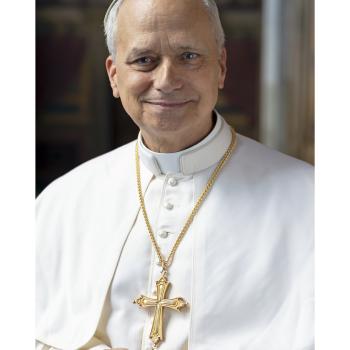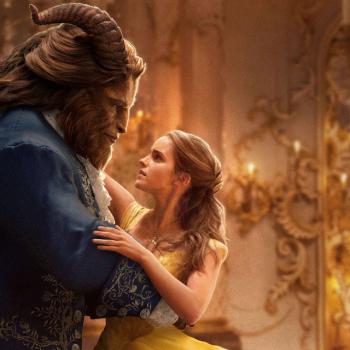In The Bicentennial Man, a lifelike robot seeks recognition as human. After two centuries, it concludes that the most human act is to die. It reasons this because death is an experience unique to humanity. Asimov’s story raises a perennial question: What does it mean to be human? The question becomes even more pressing today, in a world reshaped by artificial intelligence and technological advancement.
What It Means To Be Human
The Solemnity of the Ascension offers a Christian response to this question. As we look to Christ ascending into heaven, he reminds us of our divine destiny and inherent worth. We live in a world of rapidly accelerating change, especially through new technologies and the rise of artificial intelligence. In the midst of all of it, we should insistently ask: “What does it mean to be human?”
Significance of the Ascension
“Why are you standing there, looking at the sky?” (Acts 1:11). The angels’ question to the disciples echoes through the centuries. Today, in a particular way, we look to the sky, to the future, with a mixture of hope and trepidation. Christ’s ascension into heaven leaves a clear message about our purpose in life. What does it mean to be human? Much of what the Church has to say to this world, so wrapped up in technological advances, is related to the concept of human dignity.
Dignity is not something granted to the person by others based on their gifts or qualities, such that it could be withdrawn. Were it so bestowed, it would be given in a conditional and alienable way, and then the very meaning of dignity (however worthy of great respect) would remain exposed to the risk of being abolished. Instead, dignity is intrinsic to the person: it is not conferred subsequently (a posteriori), it is prior to any recognition, and it cannot be lost. All human beings possess this same intrinsic dignity, regardless of whether or not they can express it in a suitable manner. (Dicastery for the Doctrine of the Faith, Dignitas Infinita (2024), 15).

Human Dignity at the Center
Putting human dignity at the center provides an objective basis for human freedom. When we forget the value of human dignity, we slip into practices that may be pragmatic but lose any sense of a moral compass. Human dignity does not come from what the human person does but from who the human person is. It helps to counteract the risk of losing the relational structure of the human person.
The relational structure of the human person expresses itself through the fact that we are social by our very nature. Jesus formed a community before he preached a doctrine. He calls us to live with people who might even have very different views regarding the values that we hold dear. Regardless of our differences, God calls us to band together to fight grave violations of human dignity – poverty, war, and violence chief among them – recognizing that our shared humanity demands a common moral response.
Relationship Between Human and Artificial Intelligence
Earlier this year, the Vatican put out a document reflecting on the relationship between artificial intelligence and human intelligence. Artificial intelligence marks a new phase in our relationship with technology, reflecting “what Pope Francis has described as an ‘epochal change’” (Dicastery for the Doctrine of the Faith and Dicastery for Culture and Education, Antiqua et Nova. Note on the Relationship between Artificial Intelligence and Human Intelligence (2025), 4).
It affects the way we deal with each other and how we experience healthcare, law, and international relations, among other things. If we want to mitigate risks from this new technology, it is important to speak up for the concept of Common Good and human dignity from the perspective of Catholic Social Doctrine. The Church may not be the most eloquent about the technical details of the developing technology but certainly has much to share about what it means to be human in a changing world.
Technological Advancement that Respects our Humanity
Technological advancement is inevitable, but to do it in a way that respects our humanity is a challenge where the Church has much to say. The Ascension of the Lord lifts our gaze beyond the boundaries of this world. It reminds us that our lives have a heavenly trajectory. Christians look up to the sky with hope. God created us for more than this earthly existence. We are made for heaven. This hope buoys us in the midst of the travails of human life. Where there is hope, there is meaning. One great champion of the value of meaning is Viktor Frankl.
The Ascension of the Lord reminds us that we are made for more than this world. God made us for heaven. This truth buoys us amid the challenges of life and the uncertainties of our technological age. Viktor Frankl, a Holocaust survivor and founder of logotherapy, once observed that those who survived the camps were not the strongest, but those who had a reason to live. As we celebrate the Ascension, let us keep our eyes on Christ, our reason, and our hope.
Subscribe to the newsletter to never miss an article.












